
Bank on it: Six major-league players worthy of big-money extensions
After a slow start to the hot stove season, MLB teams went on a sudden spending spree toward the end of winter. Free-agent Bryce Harper signed a massive deal with the Phillies, but big dollars weren't reserved exclusively for free agents. On Feb. 26, Nolan Arenado signed an eight-year, $260 million deal with the Colorado Rockies. On March 19, Mike Trout and the Anaheim Angels agreed on a 13-year, $430 million deal, the largest contract in North American sports history. In all, 33 extensions totaling $2.1 billion were signed.
Here are players who could be next in line for big-dollar extensions:
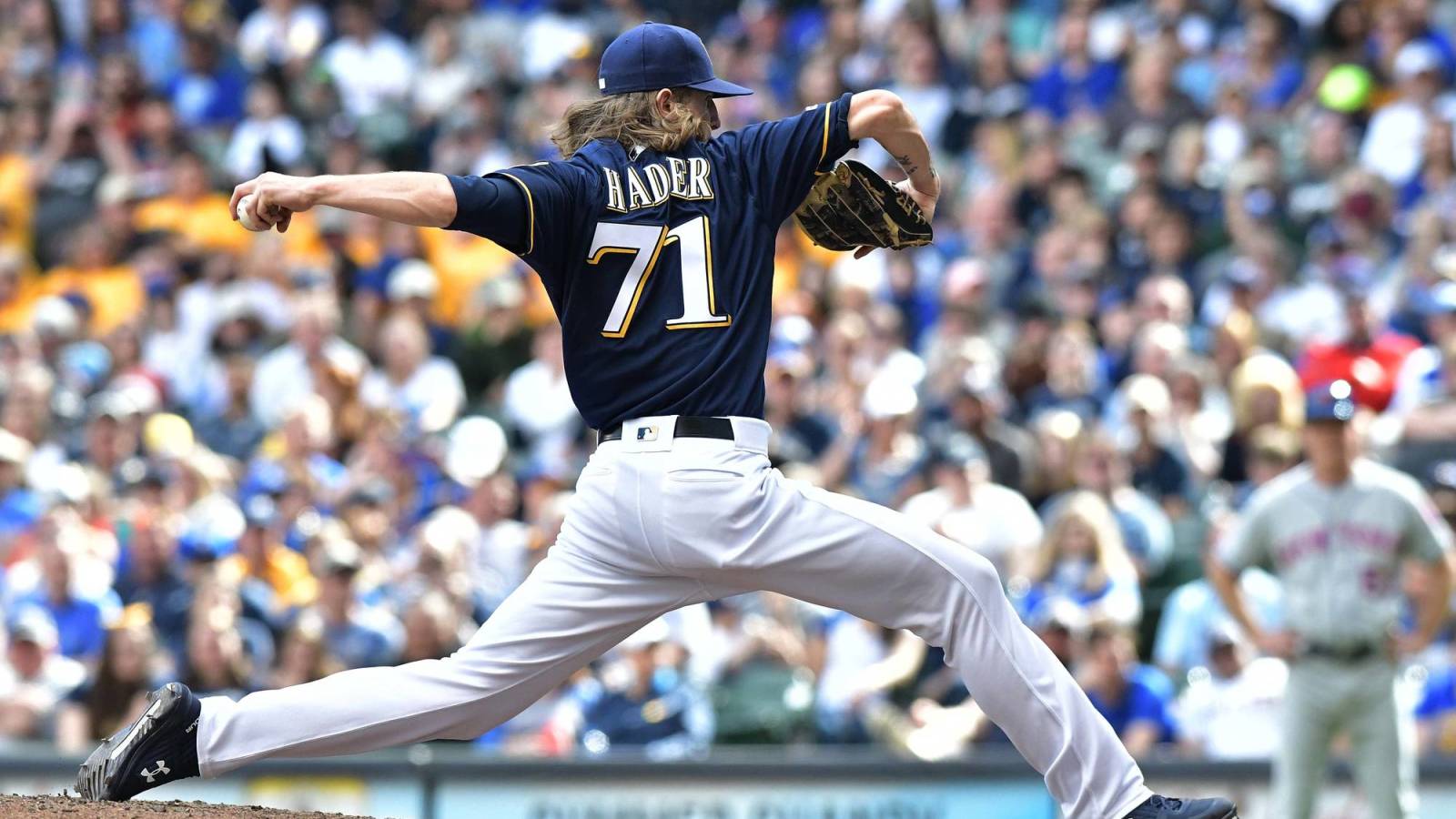
Josh Hader, Brewers
Key stats: 19.1 strikeouts per nine innings, .139 average against since 2017.
Why an extension makes sense: Hader has been baseball’s most dominant -- and versatile -- reliever since arriving in Milwaukee in 2017. The 25-year-old recently struck out 25 in a nine-inning stretch over 10 games, bolstering his standing as the game’s toughest pitcher to hit. He's also the game’s greatest value, making just $687,600 this season.
Hader is not set to reach the open market until 2024, his age-30 season. With the frequency of his usage and high-octane approach, Hader would be smart to get guaranteed money now.
A potential obstacle: It is still tough to peg the dollar value of an elite reliever, even one as valuable as Hader. Recent history has not been kind to relievers, even the best of the best who aim to get huge contracts. (See Craig Kimbrel.) The small-market Brewers must be smart spending their cash, especially with just two years remaining on Christian Yelich's deal.
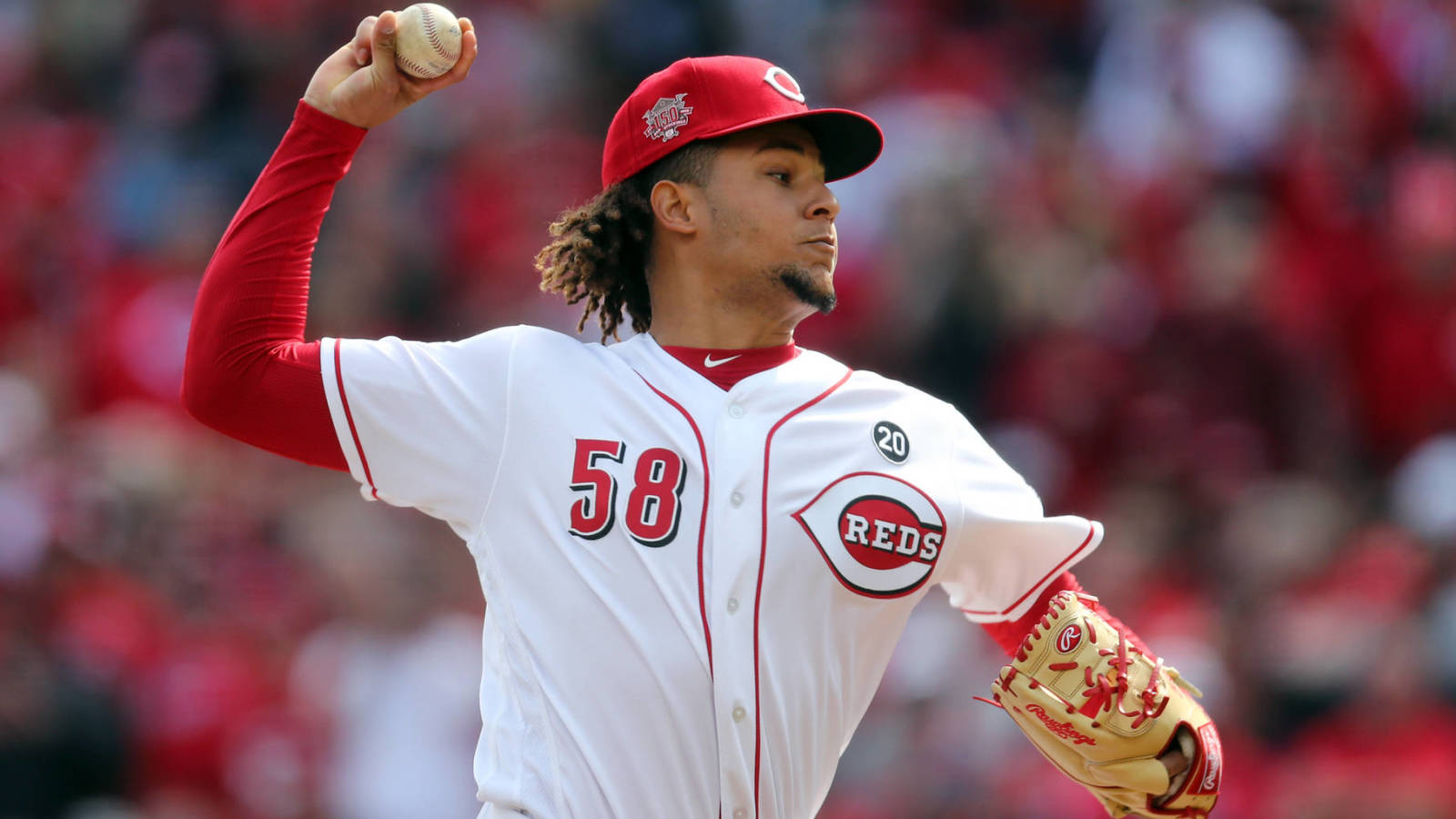
Luis Castillo, Reds
Key Stats: .168 average against, 0.99 WHIP and 1.76 ERA in 2019.
Why an extension makes sense: Castillo has emerged as one of the game’s top young arms. Over his first nine starts, he has allowed more than two earned runs only once, fulfilling Cincinnati's hopes that he would become its first bonafide starter since Johnny Cueto, who departed four years ago.
The time is right for Castillo and the Reds for an extension akin to the five-year, $51 million deal the Cardinals worked out with starter Carlos Martinez, who is on rehab assignment and has yet to pitch in 2019. Defending AL Cy Young Award winner Blake Snell, who's just 10 days older than Castillo, recently signed a similar deal.
A potential obstacle: The Reds may be happy waiting Castillo out. Unlike comparable players Martinez and Snell, Castillo hasn't been named to an All-Star roster or produced a winning record. While a preemptive strike could be smart, it will be costly. Remember: Cincinnati recently escaped the burden of pitcher Homer Bailey’s albatross of a contract.
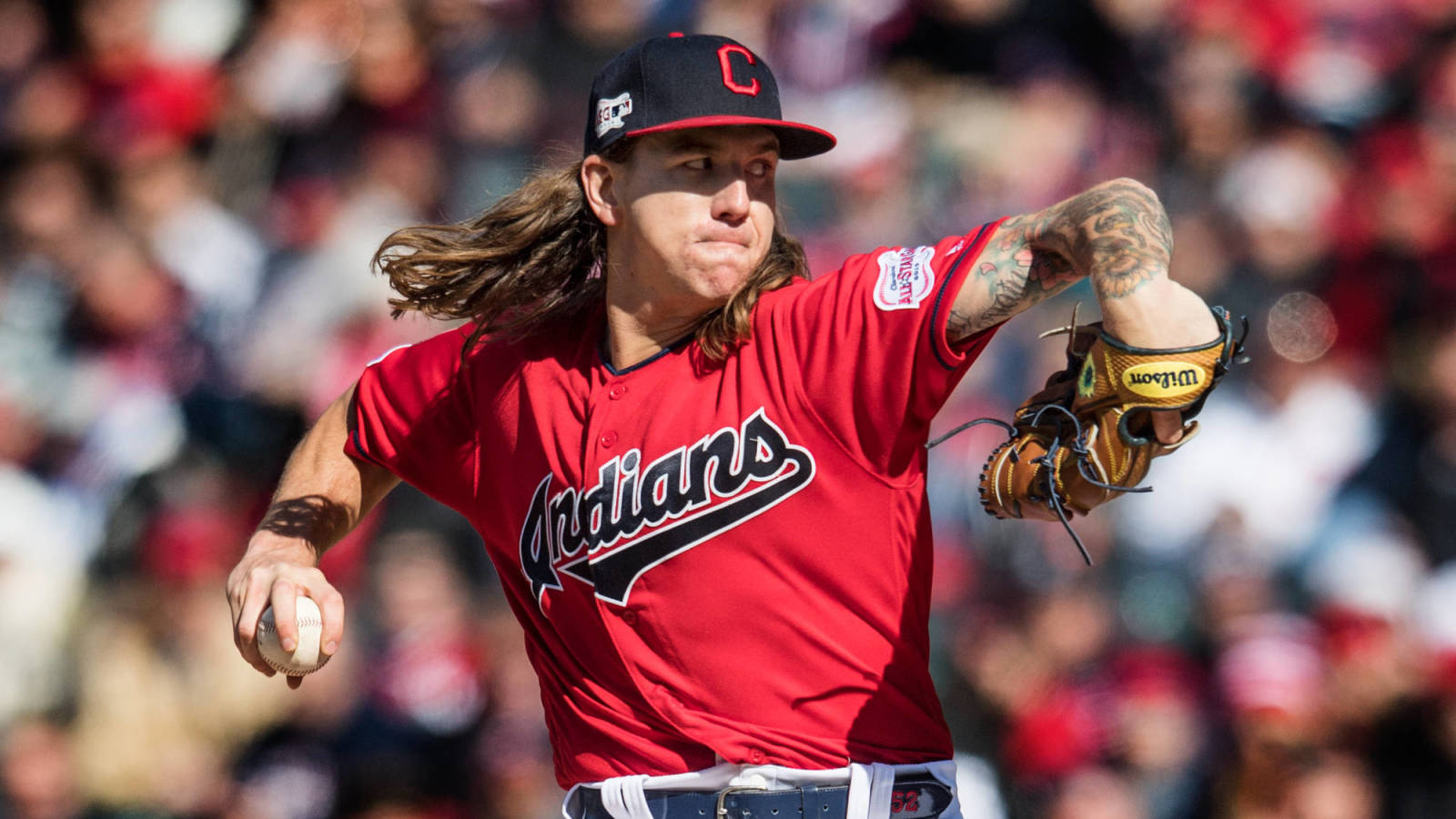
Mike Clevinger, Indians
Key stats: .641 winning percentage since 2017, 10th in AL in strikeouts (2018)
Why an extension makes sense: Clevinger is one of the underrated breakout hurlers of the past two years, sporting the fifth-best ERA of any American League starter since 2017 (2.94). A shoulder injury cut into an impressive start to his 2019 (22 strikeouts over 12 innings), but there is little concern about long-term impact.
If Cleveland can sign Clevinger to an extension similar to Luis Severino’s four-year, $40 million deal or German Marquez’ $42 million pact over the same time span, it could be a great investment and provide cost certainty.
A potential obstacle: The Indians face several major contract decisions. Should they pick up Corey Kluber’s $17.5 million option for 2020, a complicated call given his recent struggles? What will it cost to keep Trevor Bauer and Francisco Lindor, both of whom have lucrative years of arbitration beginning? Locking in Clevinger before addressing those issues may not be possible.
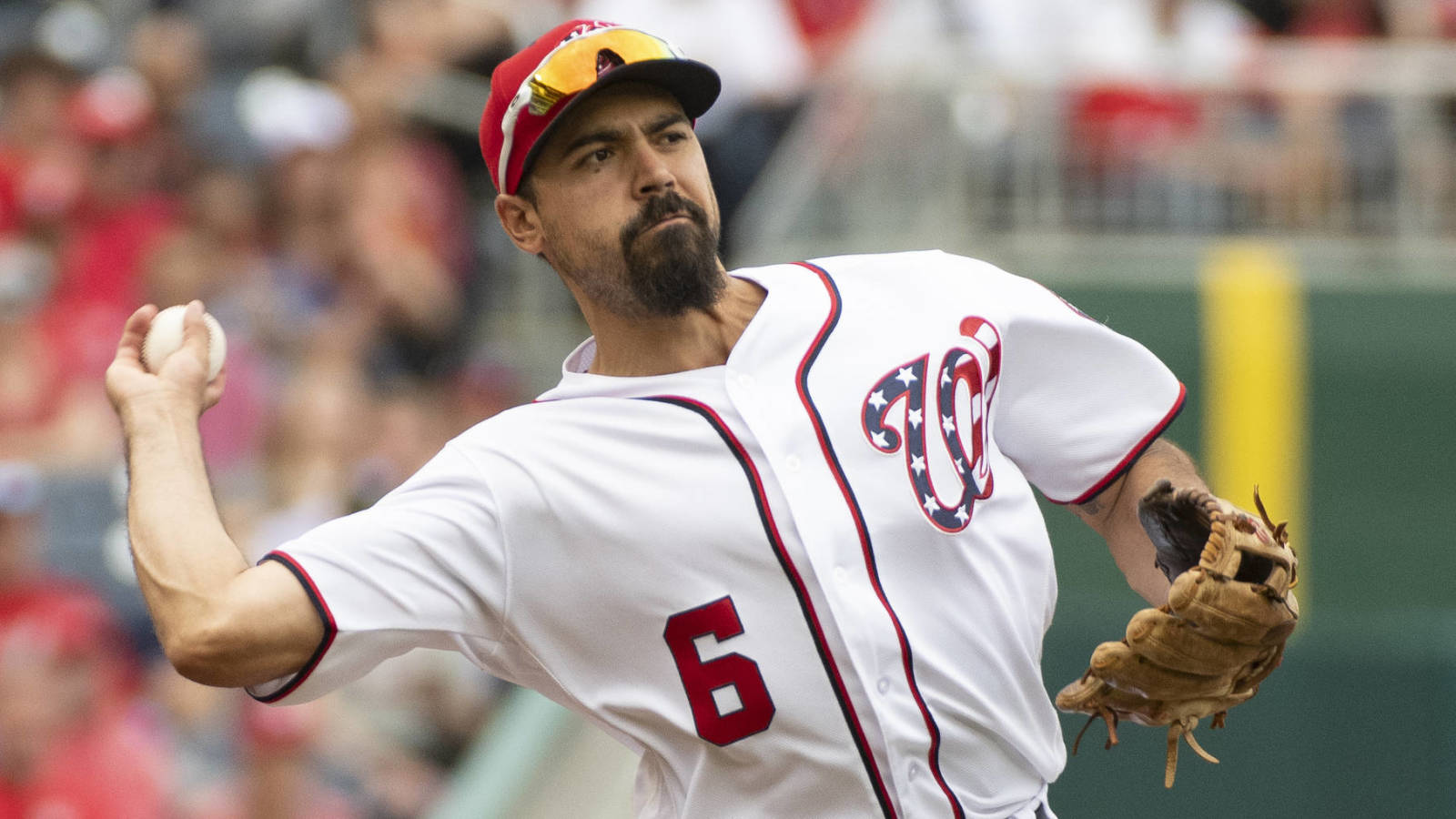
Anthony Rendon, Nationals
Key stats: 14.7 WAR since 2016 (3rd among NL third basemen)
Why an extension makes sense: With the cloud of the Bryce Harper's contract situation gone, the timing is perfect for Rendon and Nationals to make a long-term commitment to each other. Rendon has been the most consistent hitter for the Nats over the past three years -- he ranks third among NL third baseman in WAR since 2016 (14.9 Wins). Harper accounted for 7.7 in that same time span.
Rendon could be the most valuable player on the open market this winter. He says he's willing to stay. A deal similar in annual average value to the one Paul Goldschmidt signed with the Cardinals ($26 million per) could keep Rendon in Washington.
A potential obstacle: Agent Scott Boras. Many top free agents have struggled to get a quick payoff, but players of Rendon’s caliber inevitably get their due. Boras is a tough negotiator, one who always presses to get the last available dollar for his clients. Rendon projects as the top available free agent on the market, a distinction that has averaged a $186 million payday since the winter of 2015.
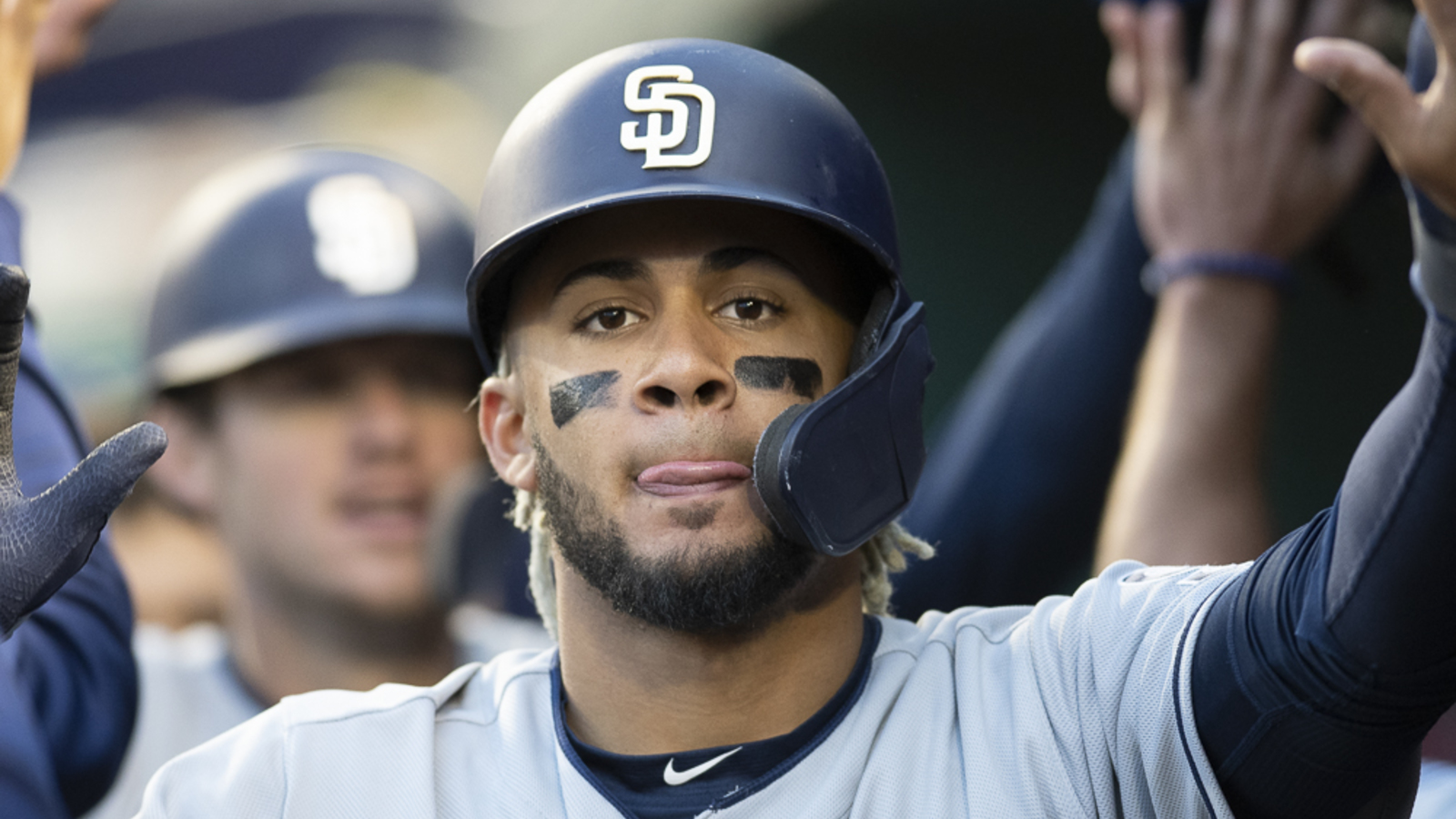
Fernando Tatis Jr., Padres
Key stats: .300 average over first month of career; No. 2 prospect in MLB entering 2019.
Why an extension makes sense: The eight-year, $100 million deal Ronald Acuna signed with Atlanta may have ushered in a new era of big-money extensions for top prospects. The Padres should show a similar level of urgency to lock up their franchise player-in-the-making. Before he was sidelined with a hamstring injury, the 20-year-old shortstop lived up to his substantial billing, producing a .910 OPS over his first month in the majors.
Potential obstacle: Tatis could easily demand a much bigger deal than Acuna. Perhaps that's problematic for a Padres team that already has more than $400 million invested in third baseman Manny Machado and first baseman Eric Hosmer. Tatis doesn’t have to look far to his right to see the value of a little patience letting things play out on the open market, does he?
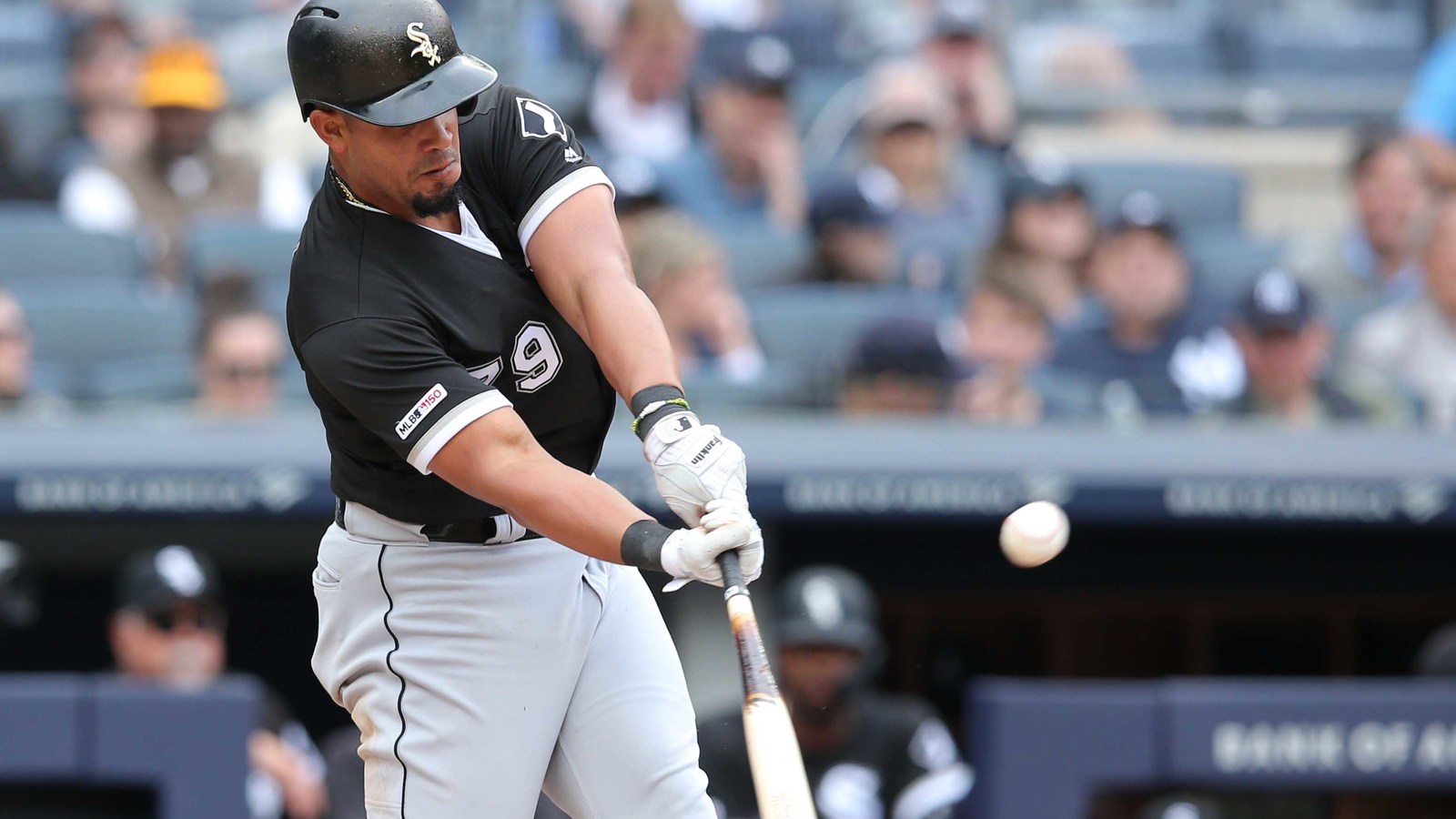
Jose Abreu, White Sox
Key stats: Has led AL first basemen in hits (504), runs (230) doubles (111), home runs (80), RBI (206) and slugging percentage (.499) since 2016.
Why an extension makes sense: Abreu, who will enter his age-33 season next spring, could land a huge deal in free agency. But with teams exercising caution signing over-30 players, it could be in Abreu’s best interests to avoid free agency.
Potential obstacle: Abreu is in the final year of White Sox's contract, and while he remains one of the more productive hitters in the American League, the open market has been notoriously hard on veteran hitters recently. Since 2016, only one first baseman (Carlos Santana in 2017) has signed for more than $50 million on the open market. The White Sox could simply allow him to test the open market, knowing they still would have a good chance to re-sign him.
More must-reads:
- Phillies likely still feel Craig Kimbrel’s asking price is too high
- Raking Bad: On Cleveland and bad decisions
- The 'Active MLB strikeout leaders' quiz
Breaking News
Customize Your Newsletter
 +
+
Get the latest news and rumors, customized to your favorite sports and teams. Emailed daily. Always free!

